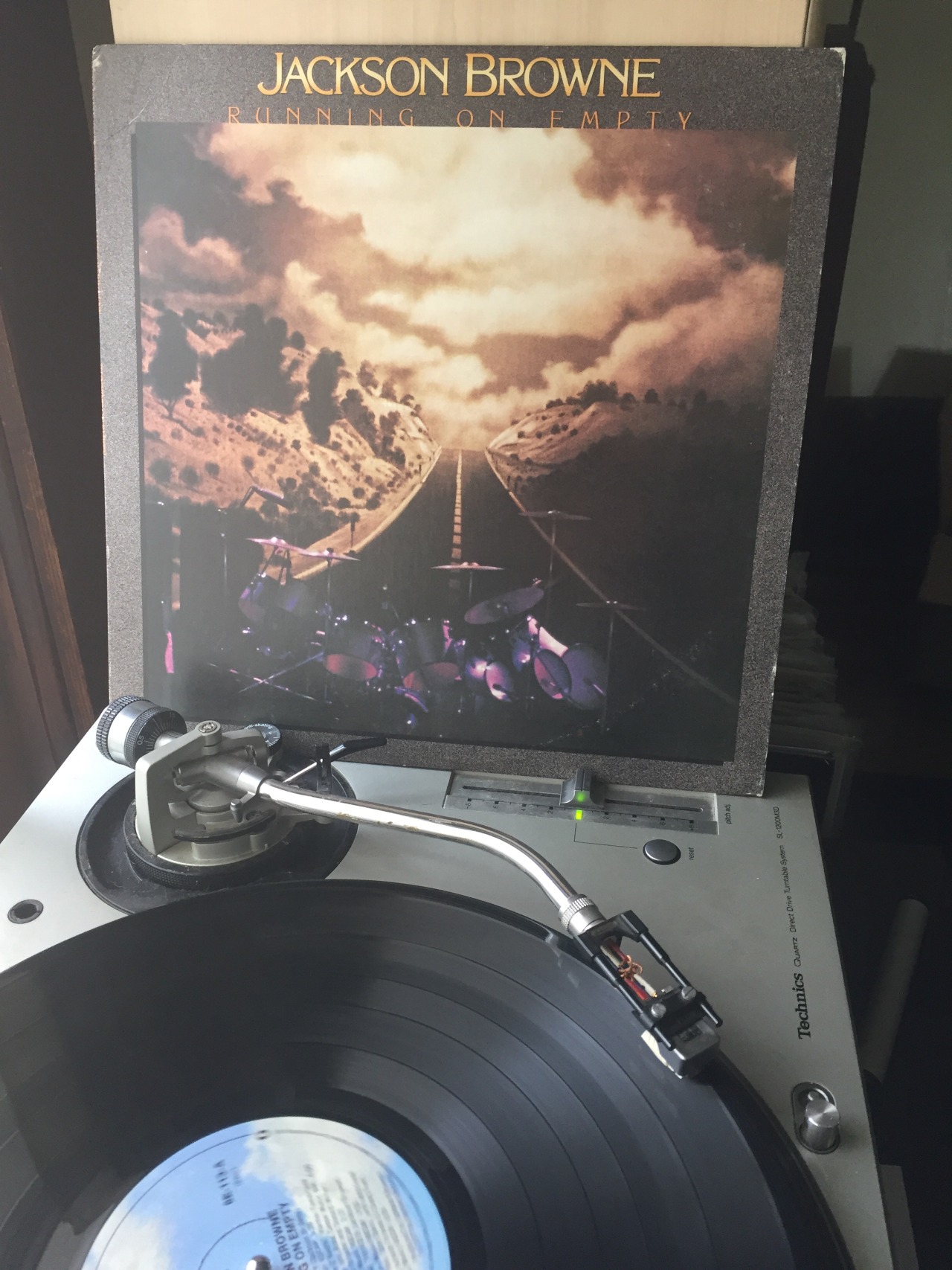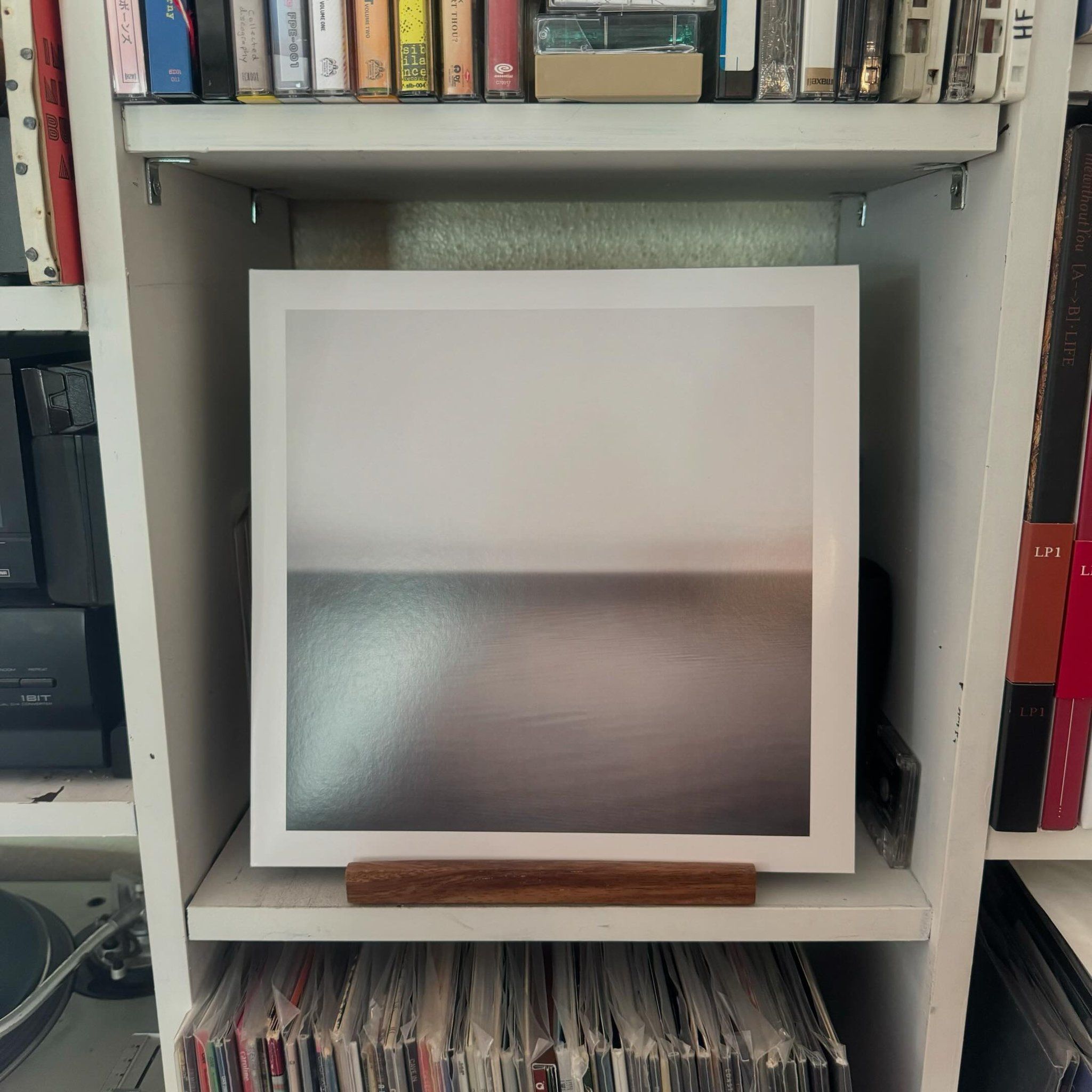
Alright, let’s get the hot take out of the way right out of the gate. This is my favorite U2 record of the ’00s.
It certainly came as a surprise to me. As I was shotgunning their discography in order, the transcendent bliss of their ’90s work came crashing down when I got to All That You Can’t Leave Behind. How to Dismantle an Atomic Bomb didn’t do much to change my mind (note: I’ve largely come around on both now). I put on No Line on the Horizon, gritting my teeth to see why the reviews I had read were so unkind.
So imagine my surprise when I ended up enjoying it quite a bit.
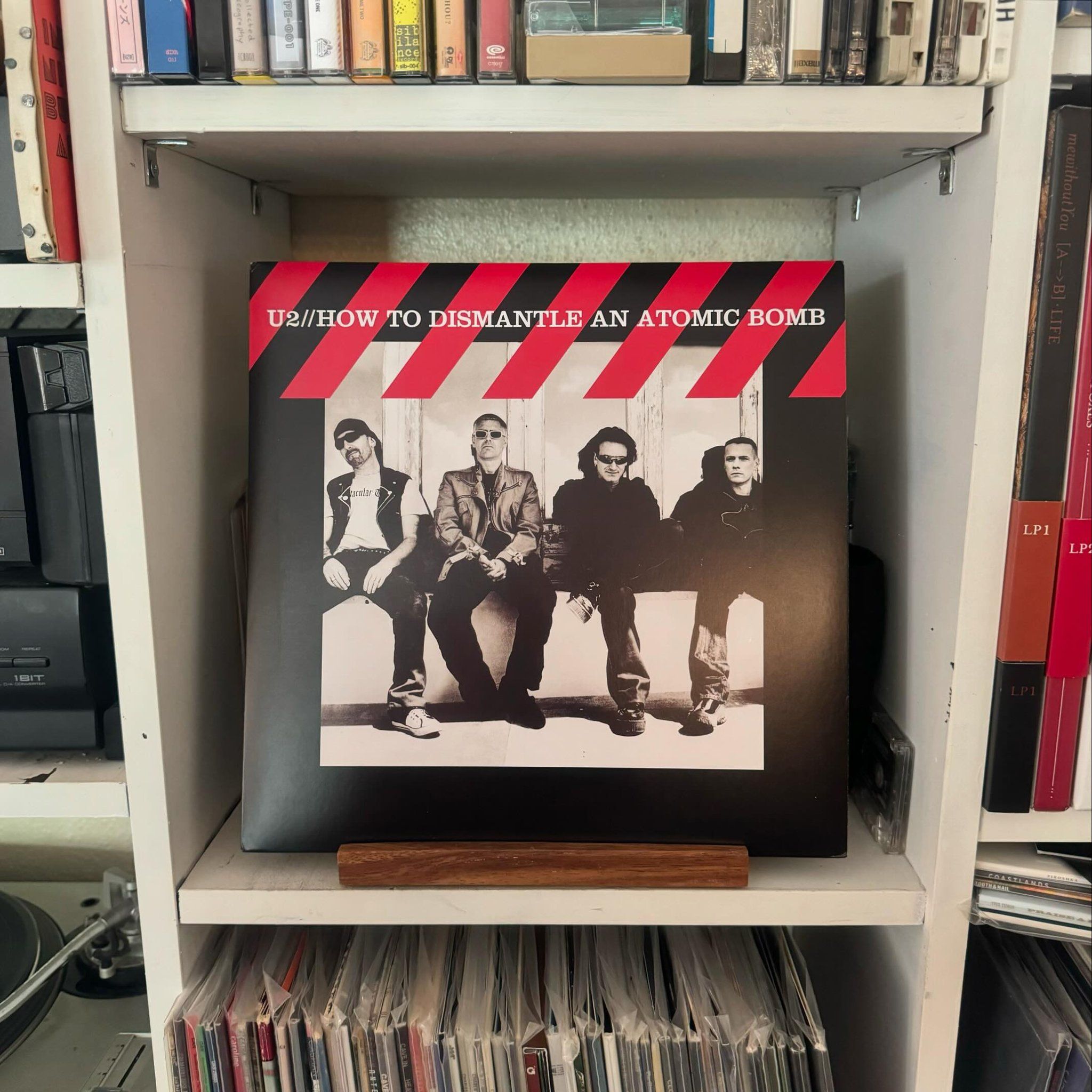
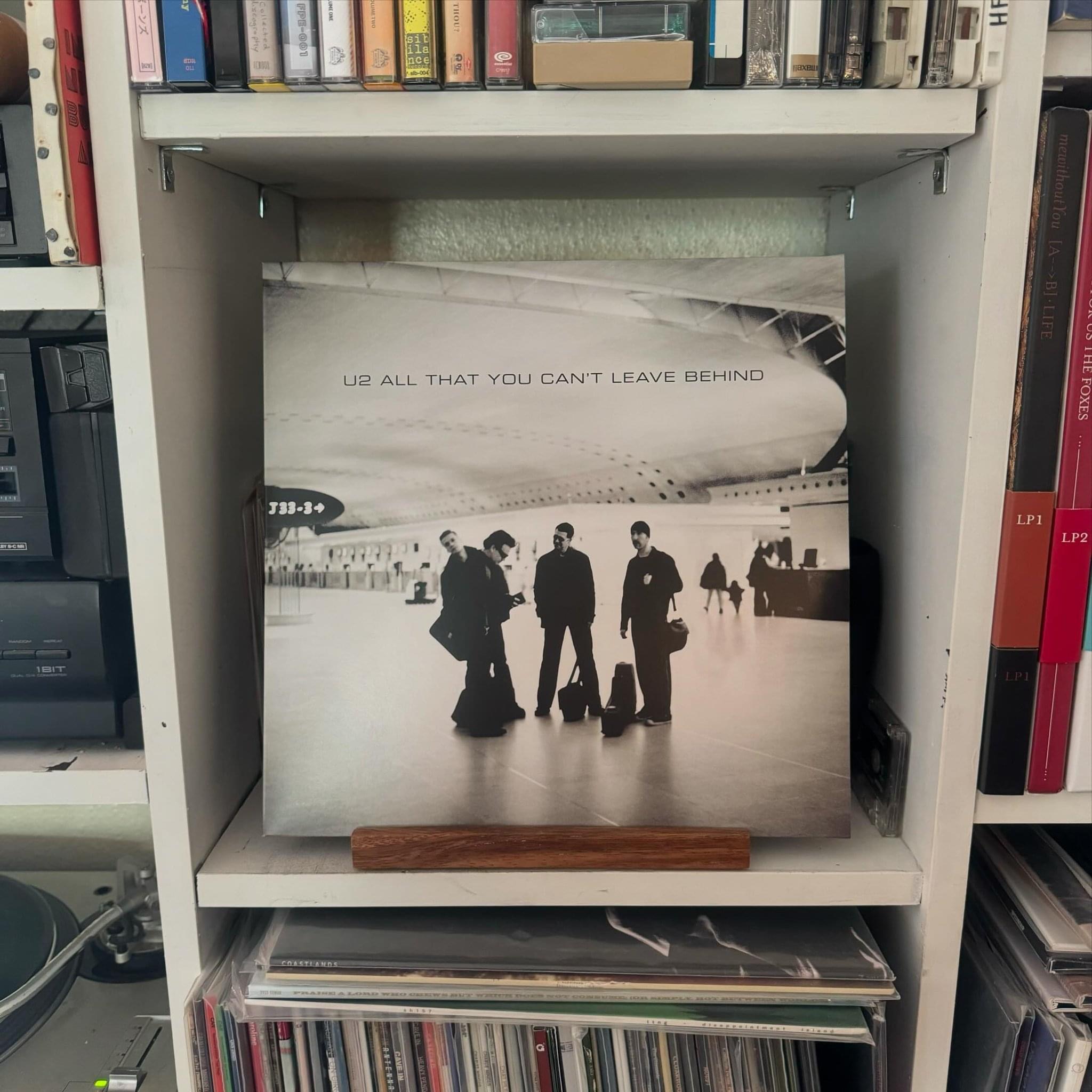 “We are re-applying for the job of the best band in the world.”
“We are re-applying for the job of the best band in the world.”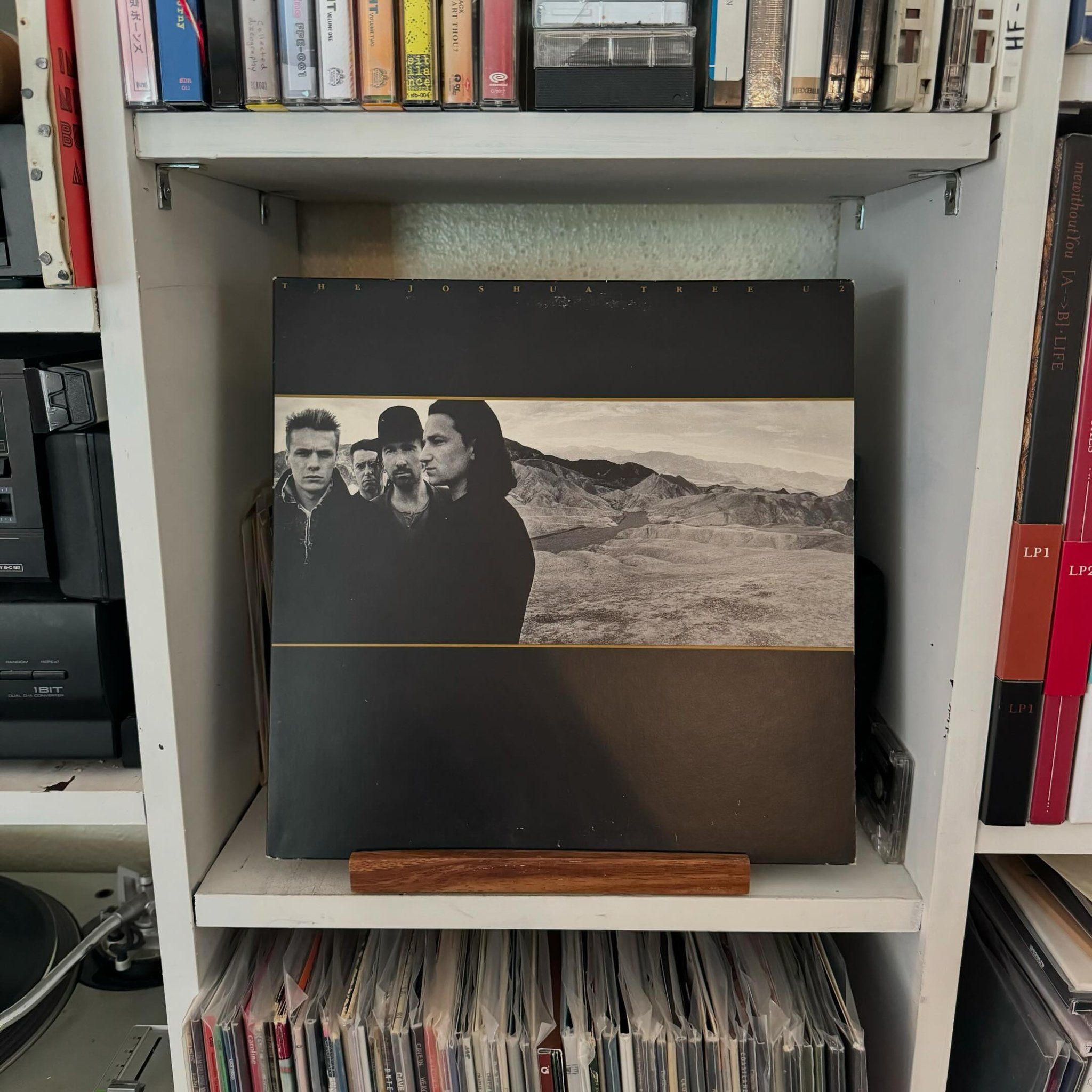
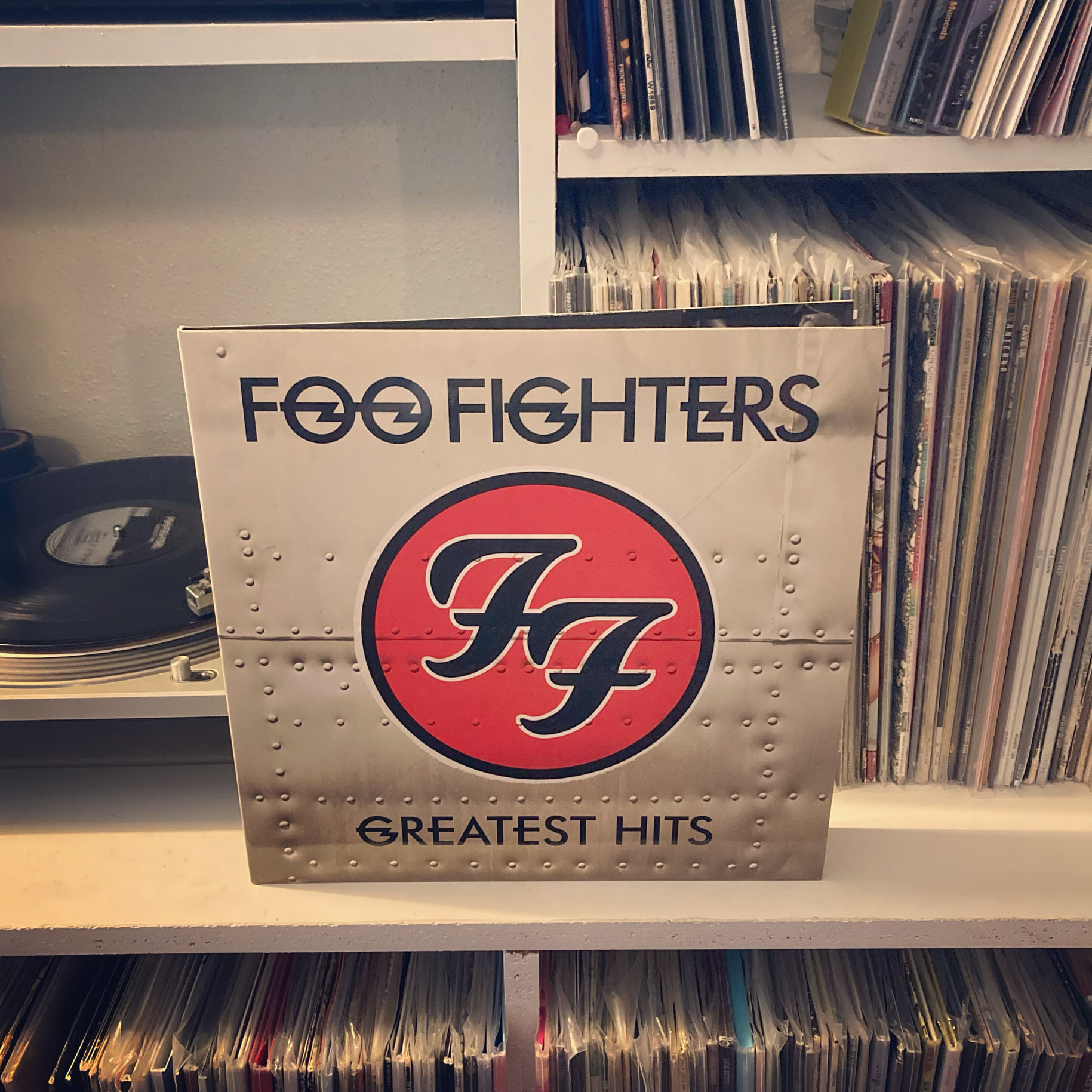 There are two things that I generally don’t care about at all: radio rock and greatest hits compilations.
There are two things that I generally don’t care about at all: radio rock and greatest hits compilations.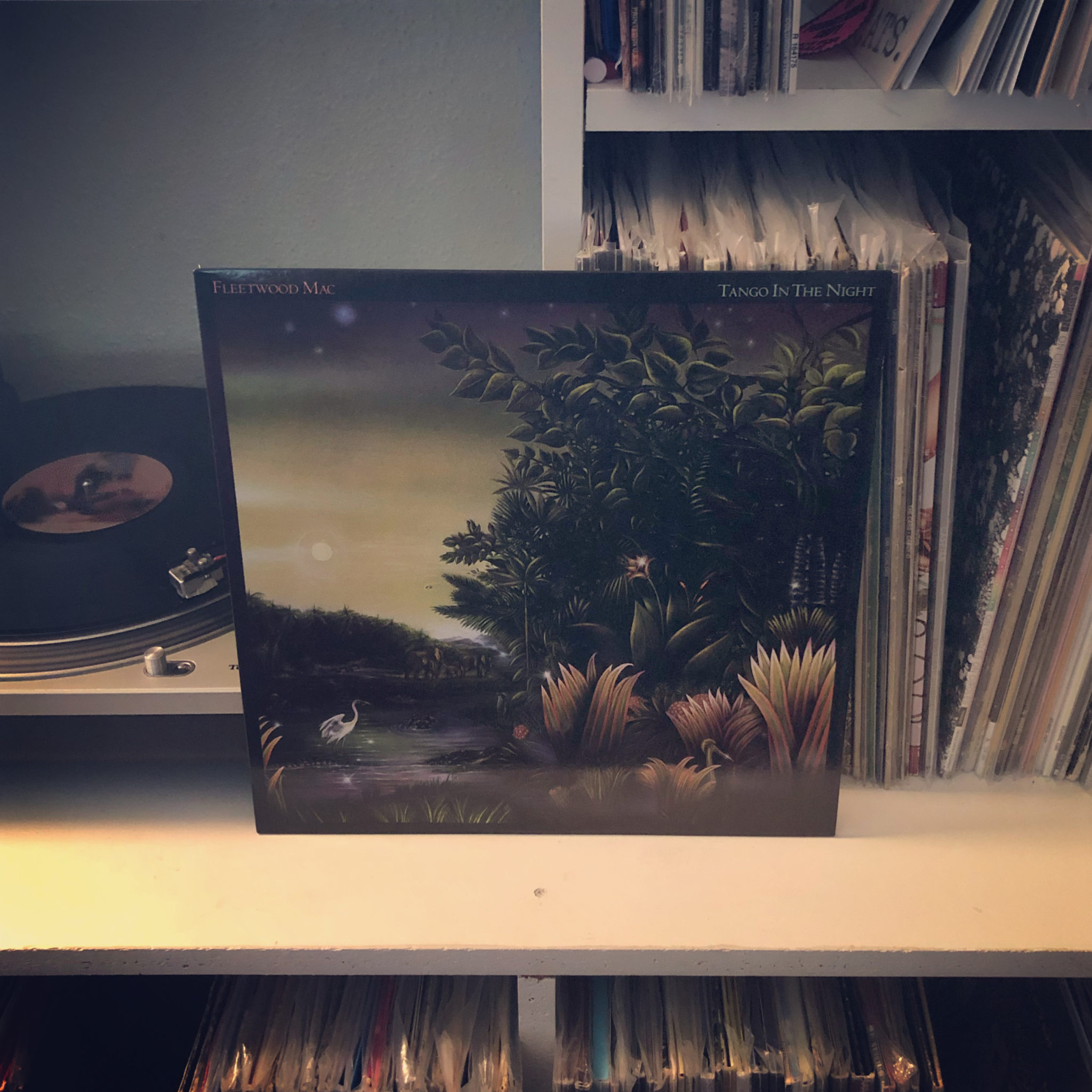 After the manic scattershot of
After the manic scattershot of  The pantheon of great American singer-songwriters is a broad and inspiring pool. From the poignant commentary of Bob Dylan to the howling anthems of
The pantheon of great American singer-songwriters is a broad and inspiring pool. From the poignant commentary of Bob Dylan to the howling anthems of  These days, the Knack is mostly remembered for just one single: the infectious, raunchy “My Sherona” that still gets airtime on every classic rock station in the country.
These days, the Knack is mostly remembered for just one single: the infectious, raunchy “My Sherona” that still gets airtime on every classic rock station in the country.